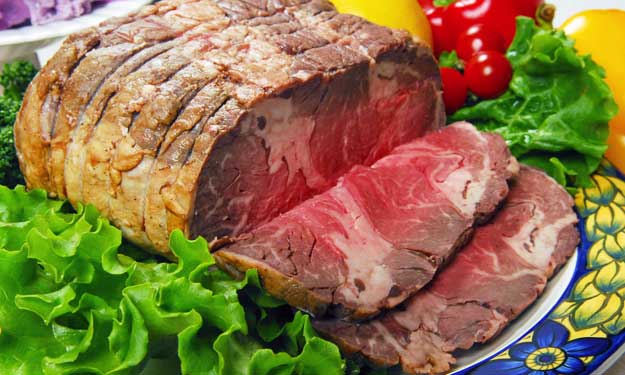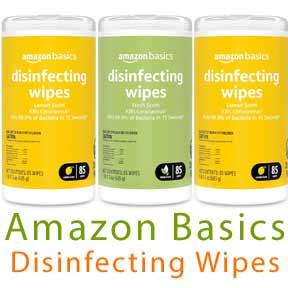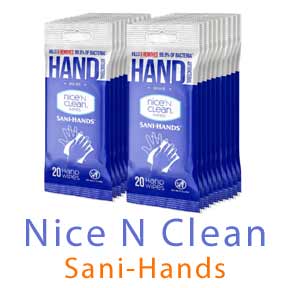Food Expiration Dates

An Introduction to Expiration Dates and Food.
Understanding Expiration Dates?
Do you find yourself closely monitoring expiration dates to ensure your family’s safety? While it’s good to be cautious, you might not need to worry as much as you think about every single expiration date on food packaging. Here’s a simple guide to help you make sense of food expiration dates and how they work.
Food Expiration Dates Explained
- Sell By: This is meant for stores and indicates when a product should be taken off shelves. It doesn’t mean the food is bad after this date. For unopened products, many items remain safe and fresh well past the Sell By date.
- Best By/Best if Used By: These dates suggest when a product will be at its peak quality, flavor, or freshness. Foods can often be eaten after this date if they are stored correctly.
- Use By: This is the manufacturer’s recommendation for the last date the product will be at its best. For some items, particularly meats, it’s wise to follow this date closely.
Do Foods Really Expire?
Many foods can last longer than their suggested dates if stored properly:
- Dairy products like milk, yogurt, and sour cream can stay fresh a bit longer if your refrigerator is set to the right temperature. However, smell and taste will tell you when they’ve gone bad.
- Dry goods like sugar, salt, pasta, and crackers often last far beyond their Best By date if stored in a cool, dry place.
- Bread may stay fresh past its Best By date if stored properly, but it will go stale faster if left open. Fresh bakery bread molds more quickly than packaged bread.
Signs Food Has Gone Bad
Instead of relying solely on dates, use your senses:
- Look: If it’s discolored, slimy, or moldy, it’s time to toss it.
- Smell: If it smells sour, rancid, or just “off,” don’t take the risk.
- Feel: For vegetables like onions or peppers, toss them if they’re soggy or mushy (unless you’re planning to cook them).
Tips to Extend Food Freshness
- Proper Storage Matters: Keep foods sealed and at the right temperature. For instance, bread stays fresher in airtight packaging, and vegetables last longer in the crisper drawer.
- Freeze Before It’s Too Late: Freezing meat, fruits, or vegetables before their Use By date can significantly extend their shelf life.
- Creative Cooking: Slightly wilted or overripe vegetables, like wrinkled tomatoes, are still great for cooking. Roast or sauté them to bring out their sweetness and reduce waste.
When in Doubt, Toss It Out
If you’re unsure and something looks or smells “off,” it’s better to be safe than sorry. Remember, expiration dates are guidelines, not strict rules. Use your eyes, nose, and common sense to decide what stays and what goes.
By understanding expiration dates and proper storage, you can reduce waste, save money, and still keep your family safe!






